“It is doubtful if there is any Hindu who does not know the name of Sri Vivekananda Swami. There has been extraordinary advancement of material science in the nineteenth century. Under the circumstances, to present the spiritual science prevailing in India for thousands of years by wonderful exposition and then to kindle admiration and respect among the Western scholars, and, at the same time, to create a sympathetic attitude for India, the mother of spiritual science, can only be an achievement of superhuman power. With English education, the flood of material science spread so fast that it required extraordinary courage and extraordinary genius to stand against that phenomenon and change its direction. Before Swami Vivekananda the Theosophical society began this work. But it is an undisputed fact that it was Swami Vivekananda who first held aloft the banner of Hinduism as a challenge against the material science of the West. … It was Swami Vivekananda who took on his shoulders this stupendous task of establishing the glory of Hinduism in different countries across the borders. And he, with his erudition, oratorical power, enthusiasm and inner force, laid that work upon a solid foundation. … Twelve centuries ago øaïkaràcàrya was the only great personality, who not only spoke of the purity of our religion, not only uttered in words that this religion was our strength and wealth, not only said that it was our sacred duty to preach this religion in the length and breadth of the world—but also brought all this into action. Swami Vivekananda is a person of that stature—who appeared towards the last half of the nineteenth century.”
Bal Gangadhar Tilak (1856-1920)
Born at Ratnagiri, Tilak was a frontline leader of the Indian Freedom Movement. He was widely acclaimed as ‘The Father of Indian Unrest’. Influenced by Swami Vivekananda and Swami Dayananda he did a great amount of study on Vedic Philosophy. He was a scholar in Sanskrit and Mathematics. His works include books like The Gãtà Rahasya and The Arctic Home in the Vedas.

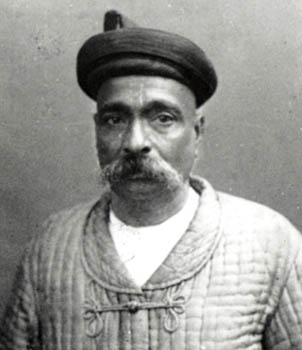

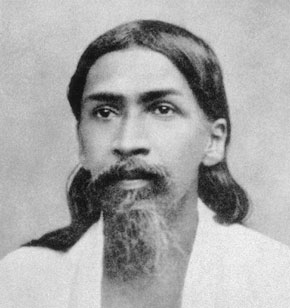
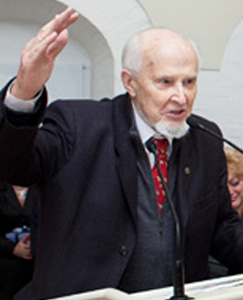
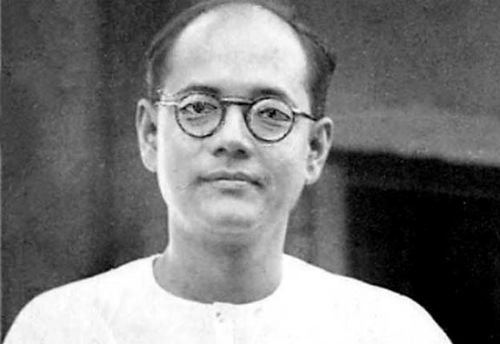
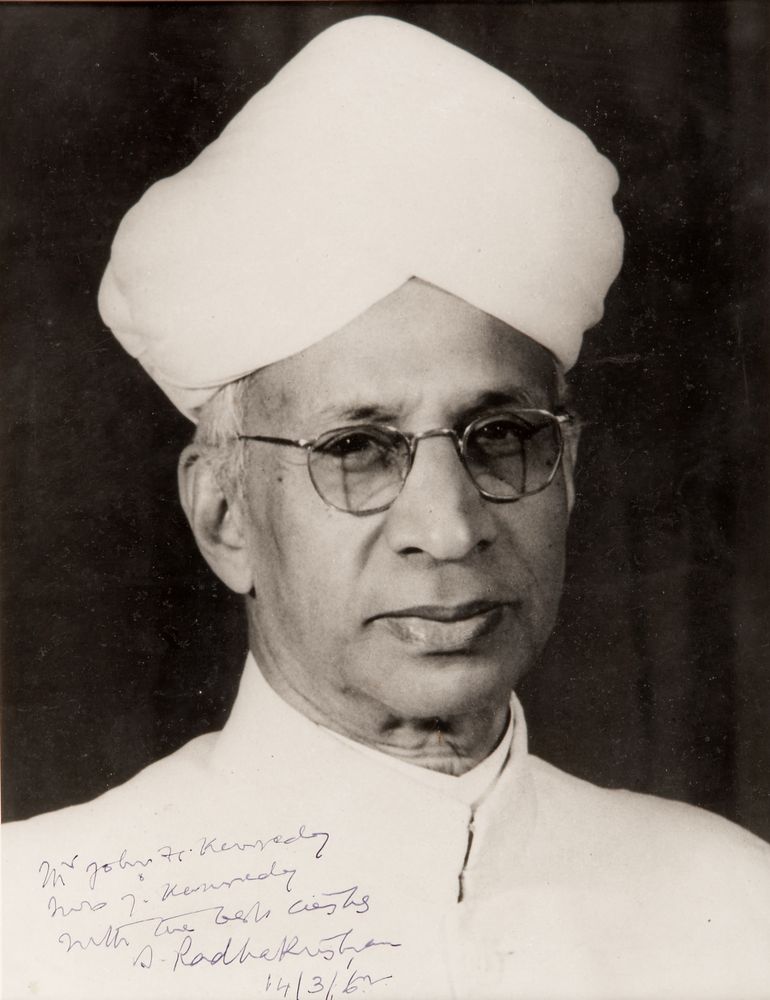
Leave A Comment
You must be logged in to post a comment.